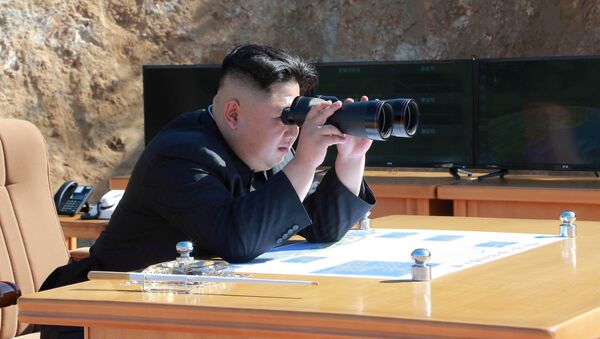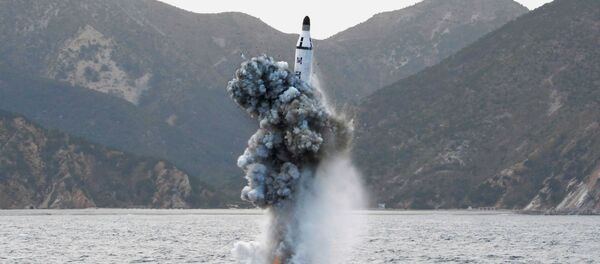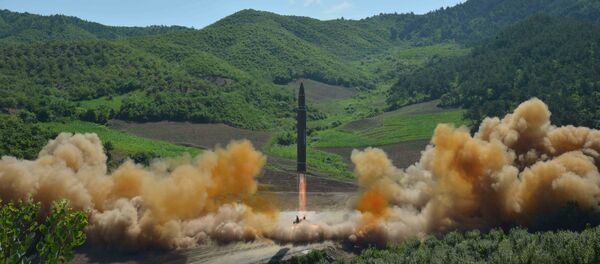The South Korean National Assembly on July 18 adopted a resolution condemning the July 4 test of North Korea's Hwasong-14 missile, warning that continued provocations by the North could lead to the "permanent extinction" of its leadership.
For that, the North Korean paper alleged, South Korea will "pay a price in the harshest way for daring to challenge our loft system and self-defense measure," Yonhap reports.
Seoul recently asked for high level military and humanitarian dialogue between the two nations, which North Korea blasted as "nonsense."
Instead, it accuses its southern neighbor of only ratcheting up hostility and tension with this resolution and doing nothing to promote unity, let alone unification.
In the meantime, North Korea will continue to perfect their ICBM technology.
"The army and people of the [Democratic People's Republic of Korea] DPRK remain unchanged in their will not to flinch even an inch from the road of boosting their nuclear force as long as the US hostile policy and nuclear threat to the latter are not fundamentally removed," the Rodong Sinmun story said.
The Hwasong-14 ICBM appears to have the capability of reaching the US states of Hawaii or Alaska, though with what degree of accuracy is subject to debate. Still, the test demonstrated a jump in North Korea's technological capacity and has some North Korea watchers.
Seoul nonetheless reiterated its call for dialogue with North Korea on Saturday, though its most recent effort appears to have been snubbed.
Foreign Minister Kang Kyung-wha told her British counterpart Boris Johnson over the phone that Seoul intends to continue to push for engagement with North Korea even as it applies sanctions on the regime of Kim Jong-un. South Korea's pressure is only intended to bring the North back to the negotiating table, she said, according to Yonhap.
North Korea is under strict UN sanctions for its continued missile tests and its five nuclear tests.




